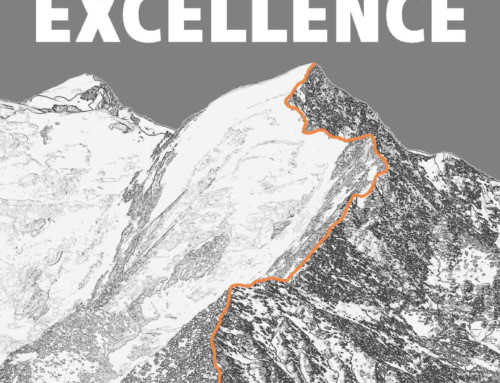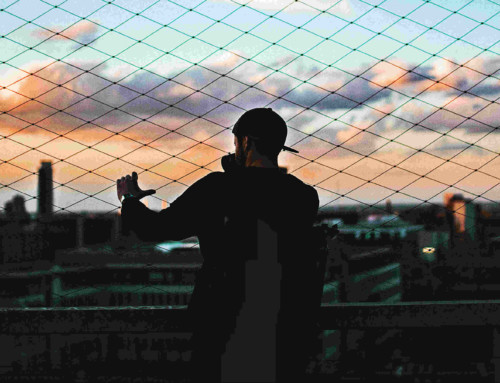I am currently in Cuba with Brent Fisse and Peter Grabosky, old friends with whom I researched and wrote four books during the 1980s and early 90s (copies of which can be found here). Here in Cuba, we three amigos are also joining my daughter Sari’s honeymoon with Munro Melano. We and other family members will have a family Christmas in Havana.
We three amigos are interested in the vibrancy of Cuban music culture. We are interested in education policies that support musicianship, how liquor licencing policies and other forms of state support for music and musicians can help create a vibrant music culture.
One might say that it makes more sense for Cuba to invest in a vibrant music culture than Australia, for example, because tourism is Cuba’s number one export industry, and tourism is only number three for Australia. One big reason tourists flock to Cuba is its exciting music culture. But this would get the direction of causality wrong. When Fidel Castro’s regime decided to make large state investments in supporting a music culture, he simultaneously shut down international tourism because he saw it as a threat to building a communist society. He shut down the casino and prostitution industries owned by American organized crime. It was the music culture that created the very possibility of the kind of new surge of Cuban tourism that has occurred this century. Cuban musicians also today travel the world sending income back to Cuba.
One might also say that Cuba is a socialist society that can afford free music education in universities and in high schools that specialize in high quality music education for the young musicians who show most talent. We are not so sure about this. Perhaps a capitalist society cannot decide that state-owned restaurants above a certain size must make live music available to their customers, thereby providing a living for thousands of musicians that is better than the national average income. It was Peter Grabosky who first put on our agenda the possibility that capitalist societies might achieve similar outcomes through licencing regulation. At least that hypothesis is one we pursue in our research.
In my travels I am also researching the civil war in El Salvador. The Castro regime was a strong supporter of the insurgency led by FMLN and of the peace agreement it signed with government forces in 1992. FMLN has won the last two elections in El Salvador. My next blog post will be on violence in El Salvador.
On the way over to El Salvador and Cuba, I presented papers at a Northwestern University workshop on ‘Democracy and Criminal Law’ and at the Barcelona Institute for International Studies (IBEI) on ‘Preventing War Through Preventive Diplomacy’. I also attended the IBEI International Board Meeting. I will make these papers available on this site soon.






Hello John,
My sister shared your blog with me since I’ll be visiting Cuba in a few weeks. Do you have suggestions for music venues? Barbara
This is a really enjoyable blog post John and a great pic of you Bent Peter and Munro and instruments. I think Australia – starting with Victoria of course – and a pilot starting in let’s say Melbourne – should definitely try the Peter Grabosky idea out for creating a living wage for musicians. Possibly good music would have a positive effect on drunkenness too. People would dance more and metabolise the alcohol faster. The breweries would win as well. Everyone would win. All sounds good to me. Meantime I’ll have another pineapple daiquiri and say hi from Wellington from me and Charlie (who actually now is tramping in the South Island).